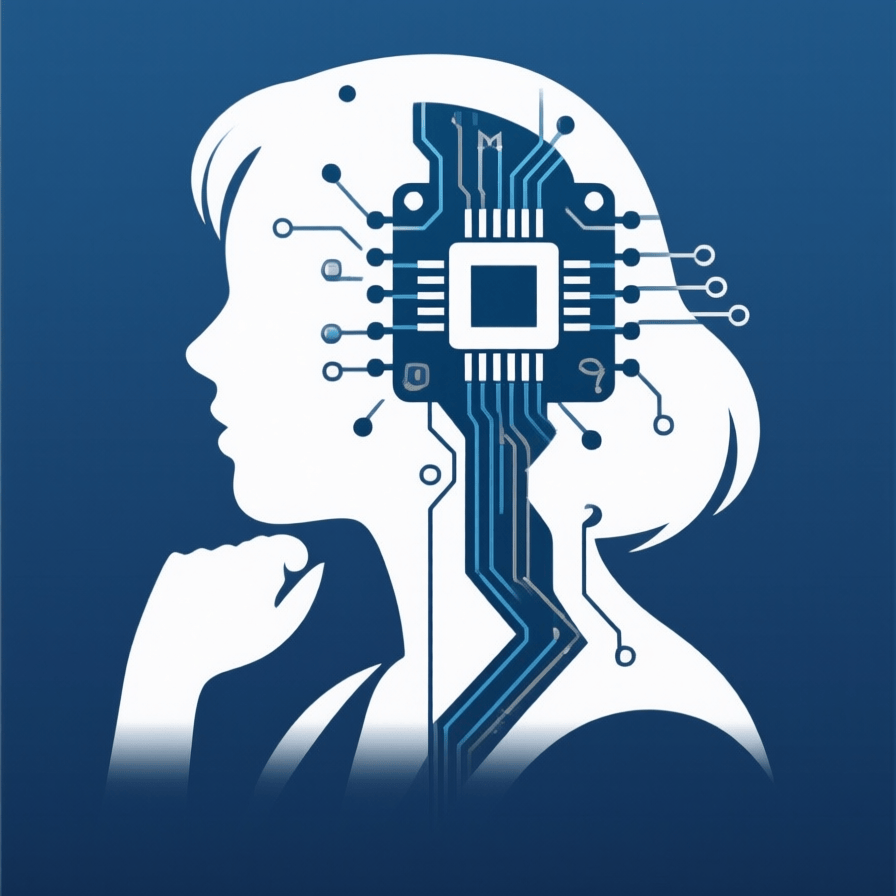How Artificial Intelligence Is Reshaping Consulting—and Why Health Equity Is at Risk
September 16, 2025
As AI transforms the consulting industry from pyramid to obelisk model, health equity hangs in the balance. How the race for efficiency could leave the world's most vulnerable populations further behind.
How Artificial Intelligence Is Reshaping Consulting—and Why Health Equity Is at Risk
The consulting industry is facing its own “iPhone moment.” Remember how smartphones didn’t merely improve the phone—they redefined what it could be? Today, we’re seeing the same sort of fundamental rewrite thanks to artificial intelligence (AI). In private consulting, AI isn’t just boosting efficiency; it’s breaking the century-old pyramid model—where teams of junior consultants do foundational analysis for senior partners—and replacing it with a lean, senior-heavy “obelisk model” supercharged by algorithms. This revolution brings sweeping gains, but it also demands hard questions: As consulting becomes faster, smaller, and more data-driven, who benefits? And who risks being left out? Nowhere are the stakes higher than in global health, where decisions informed by consultants’ recommendations will shape lives and opportunities for decades to come.
The Consulting Landscape: From Pyramid to Obelisk
 AI transformation in consulting affects real people and communities - especially in global health
AI transformation in consulting affects real people and communities - especially in global health
Consider these numbers:
- McKinsey's AI assistant Lilli is now used by 72% of its workforce, cutting research time by 30%.
- Boston Consulting Group's Deckster cranks out slide decks in minutes that used to take hours.
- The "Big Four" have invested over $4 billion in new AI programs.
The AI Transformation of Consulting: Data Behind the Revolution
Interactive visualization of how artificial intelligence is reshaping the consulting industry structure and economics
Traditional Pyramid vs. AI-Native Obelisk Structure
Comparison of staffing distribution across hierarchy levels (percentage of total workforce)
Key Insight: The obelisk model shows significantly fewer junior analysts and more senior-level staff, reflecting AI's automation of entry-level analytical tasks.
The logic behind these shifts is powerful: AI handles research, analysis, and synthesis at scale and speed no human team can match. The days of large analyst teams are rapidly fading. Consulting firms must evolve or risk irrelevance. Consulting’s Hidden Role in Global Health Consulting isn’t just about profit margins; it is the nervous system through which many countries and NGOs make health decisions:
- Ministries of health look to firms like McKinsey, Deloitte, and PwC for digital transformation plans and pandemic response strategies.
- International organizations turn to consultants for guidance on how to use AI in healthcare.
- Consultants help design frameworks to assess whether technology improves or worsens health disparities. A single recommendation from a northern consultancy can reshape policy for millions. Efficiency vs. Equity: Three Collision Points But AI’s brand of “better” can hide new risks of exclusion. Three equity blind spots stand out:
- The Data Visibility Gap:AI-powered analysis depends on big, clean datasets. But the most marginalized groups—rural communities, informal settlements, and Indigenous populations—are often invisible in these datasets. If the algorithm can’t “see” them, their needs may never make it into the final recommendation.
- Speed Over Substance:AI and senior-heavy teams can crank out strategies at unprecedented speed, but solving real health inequity takes slow, trust-building work. Local engagement is hard to optimize. The new model may shortchange it—risking recommendations that miss the mark for those most in need.
- Tech Solutionism:When your main tool is AI, every problem starts to look like one that needs a sophisticated, data-driven solution. That can mean overlooking simple, low-tech interventions that might work best for under-resourced communities. The Diffusion Dilemma: Who Adopts, Who’s Left Out? Innovation theory tells us that new tech and new ideas don’t reach everyone equally. In global health consulting, AI-driven recommendations will first spread to the urban, well-funded early adopters—often reinforcing disparities between those already well-served and those on the margins. A New North-South Divide? This challenge goes global: consulting firms based in the Global North are now advising health systems across Africa, Asia, and Latin America, often using AI models trained on data from entirely different contexts. The result isn’t overt bias, but structural blindness: recommendations that reflect the needs and realities of the well-documented, not the well-deserving. What Will It Take to Center Equity? AI in consulting could indeed free up human time for deeper, more equitable work—if we design for it. But equity is never a natural byproduct of optimization. It requires deliberate action, accountability, and humility. Here's what must change:
- Put Equity Experts on Every Team:Don’t treat health equity as an “add-on.” Make it central to every consulting team’s DNA.
- Invest in Better Data—Globally:Insist on collecting and using data that covers rural, marginalized, and underrepresented populations. Recognize and correct for gaps.
- New Methods for New Partnerships:Blend AI’s power with community engagement. Center lived experience, not just what’s visible in the spreadsheets.
- Create Guardrails:Build transparency and equity reviews into every major, AI-generated recommendation—especially those aimed at public or low-resource clients. A Window for Action The transformation in consulting is happening. The danger: if we let market logic alone drive this shift, we risk turbocharging existing inequalities—embedding them deeper and faster than ever before. If we act now, we can harness AI-augmented consulting to advance, not undermine, health equity. The question isn't whether consulting will change—but whether it will change for the many, or just the few. As we reinvent this field, will we design for justice, or for speed? The answer is up to all of us.
This article was inspired by insights from "AI Is Changing the Structure of Consulting Firms" published in Harvard Business Review, September 2025.